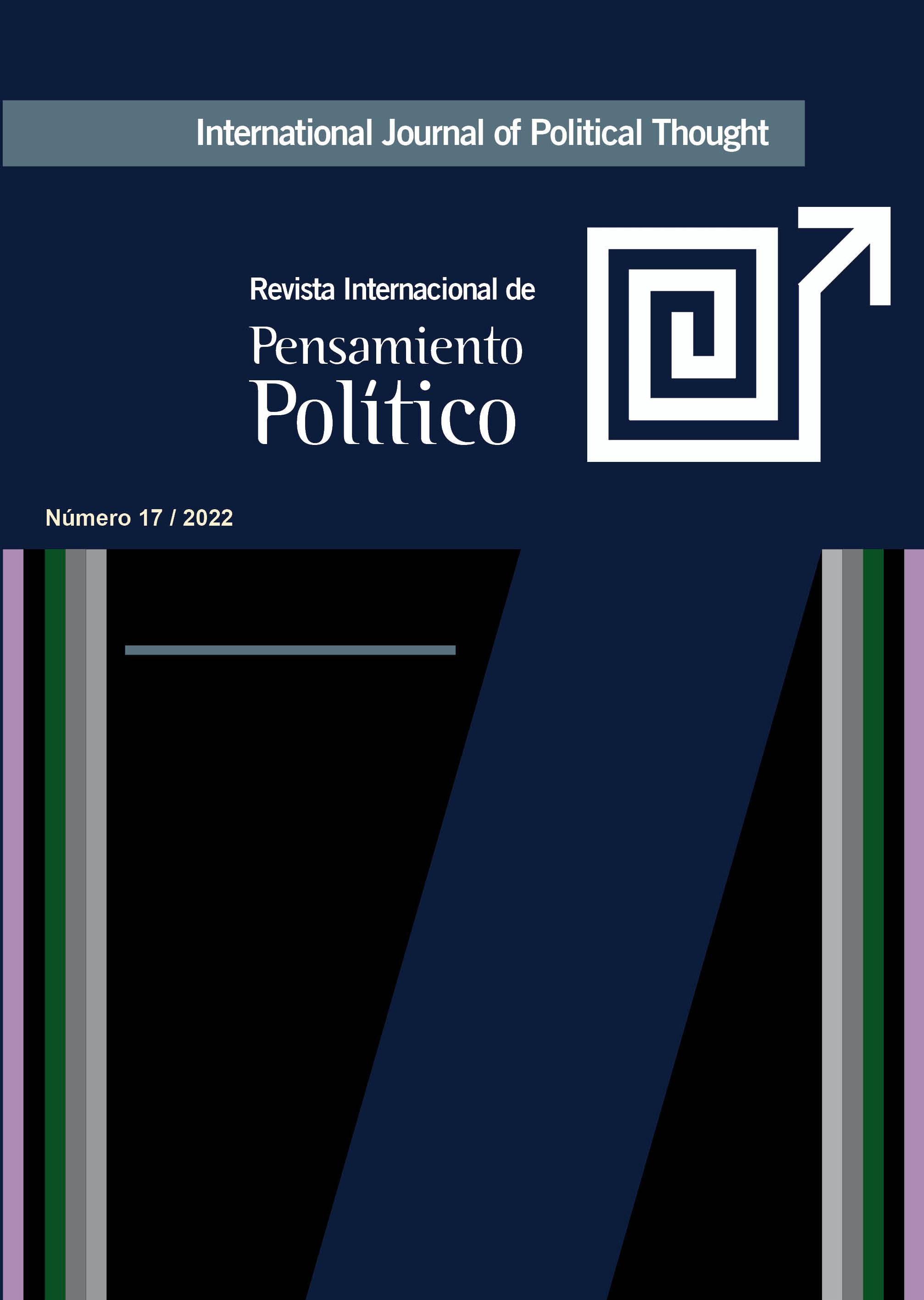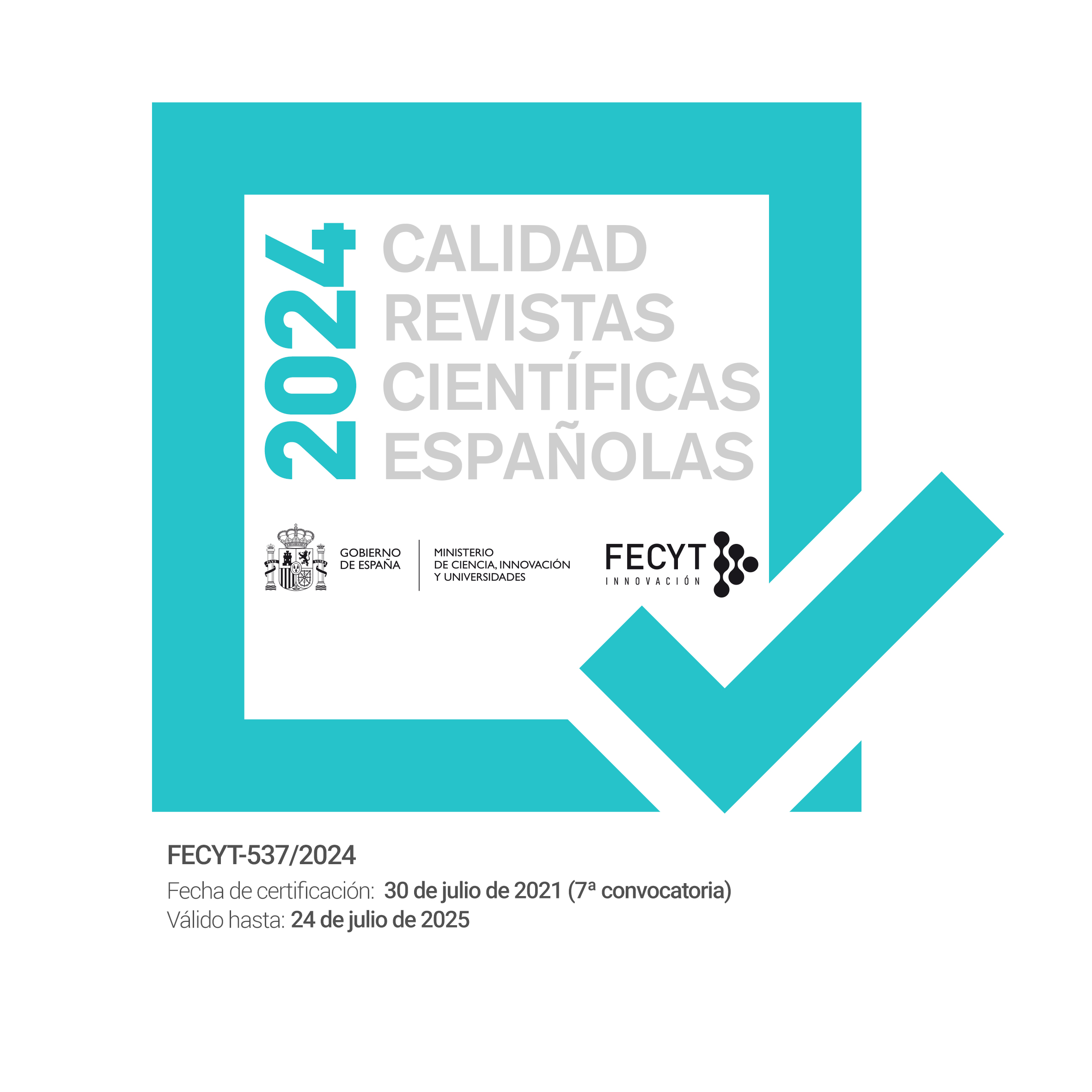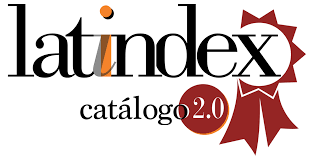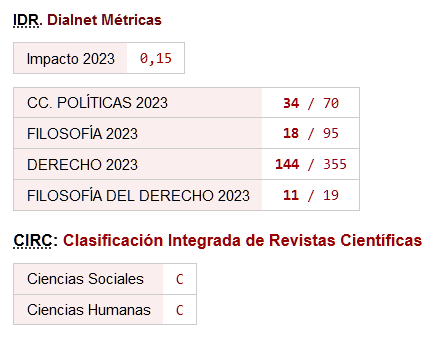Cuba and the new "pink tide"
DOI:
https://doi.org/10.46661/revintpensampolit.7388Keywords:
Pink tide, Autonomy, Dependency, International permissibility, National viability, Regional integrationAbstract
In the last five years Latin America has shown a gradual shift to the left, which has led some analysts such as Jorge Castañeda (2021) and Andrés Oppenheimer (2022) to talk about a new "pink tide" in the region. The government of Miguel Díaz-Canel expects that the new regional political context will allow them to retrieve the same levels of autonomy that Cuba enjoyed during the so-called "post-liberal regionalism" (2003-2015). In this sense, this article aims to: 1) identify the new opportunities for international insertion that are opening up for Cuba in this new phase and 2) analyze to what extent the new "pink tide" can contribute to Cuba regaining the levels of autonomy it enjoyed during "post-liberal regionalism" and thus strengthen its battered national viability.
Downloads
References
Actis, E. y Malacalza, B. (2021). Las políticas exteriores de América Latina en tiempos de autonomía líquida. Nueva Sociedad, nº 291, pp.114-126. https://static.nuso.org/media/articles/downloads/5.TC_Actis_Malacalza_291.pdf
Bernal Meza, R. (2013). Heterodox Autonomy Doctrine: realism and purposes and its relevance. Revista Brasileña de Política Internacional, nº 56 (2), pp. 45-62. https://doi.org/10.1590/S0034-73292013000200003
Briceño-Ruiz, J. (2019). Del saber a la teorización sobre el regionalismo latinoamericano. Iberoamericana – Nordic Journal of Latin American and Caribbean Studies, nº 48(1), pp. 120–129. https://doi.org/10.16993/iberoamericana.467
Briceño Ruiz, J. y Simonoff A. (2017). La Escuela de la Autonomía, América Latina y la teoría de las relaciones internacionales. Estudios Internacionales, nº 186, pp. 39-89. http://dx.doi.org/10.5354/0719-3769.2017.45218
Capdevila, I. (2022, 2 de Junio). De Gabriel Boric a otros líderes regionales, lecciones de madurez de un presidente precoz. Diario La Nación. https://www.lanacion.com.ar/el-mundo/de-gabriel-boric-a-otros-lideres-regionales-lecciones-de-madurez-de-un-presidente-precoz-nid02062022/
Castañeda, J. (2021, 29 de Julio). Llega una nueva versión de la marea rosa: un giro a la izquierda. CNN en Español. https://cnnespanol.cnn.com/2021/07/29/opinion-llega-una-nueva-version-de-la-marea-rosa-un-giro-a-la-izquierda/
Cox, R. (1981). Social Forces, States and World Orders: Beyond International Relations Theory. Millennium - Journal of International Studies, vol. 10, pp. 126-155. https://doi.org/10.1177%2F03058298810100020501
Dallanegra Pedraza, L. (1998). El orden mundial del siglo XXI. Ediciones de la Universidad.
Escudé, C. (2012). El realismo periférico (RP) y su relevancia teórica ante el ascenso de China. Lumiere.
Fondo Monetario Internacional (2022). La guerra retrasa la recuperación (Informes de Perspectivas de la Economía Mundial, Abril del 2022). https://www.imf.org/es/Publications/WEO/Issues/2022/04/19/world-economic-outlook-april-2022#:~:text=Se%20proyecta%20que%20el%20crecimiento,%2C3%25%20a%20mediano%20plazo.
Gratius, S. y Puente J. M. (2018). ¿Fin del proyecto alternativo ALBA? Una perspectiva política y económica. Revista de Estudios Políticos, nº 180, pp. 229-252. https://doi.org/10.18042/cepc/rep.180.08
Guanipa, M. y Parraga, M. (2022, 13 de Enero). Venezuela ramps up gasoline, food supply to Cuba –documents. Agencia Reuters. https://www.reuters.com/world/americas/venezuela-ramps-up-gasoline-food-supply-cuba-documents-2022-01-13/
Jaguaribe, H. (1969). Dependencia y autonomía en América Latina. En Helio Jaguaribe et al. (eds.), La dependencia político-económica de América Latina (pp. 23-80). Siglo XXI/CLACSO.
Jaguaribe, H. (1973). Desarrollo económico y político. Fondo de Cultura Económica.
Jaguaribe, H. (1979). Autonomía periférica y autonomía céntrica. Estudios Internacionales, 12(46), pp. 91-130. https://doi.org/10.5354/0719-3769.1979.16458
Lorenzini, M. E. y Pereyra Doval M. G. (2013). Revisitando los aportes de las teorías del sur: nexos entre teoría y praxis en Argentina y Brasil. Relaciones Internacionales, nº 22, pp. 9-26.
https://revistas.uam.es/relacionesinternacionales/article/view/5160
Meganoticias. (12/06/2021). Debate Primarias 2021: Gabriel Boric y Daniel Jadue - Apruebo Dignidad [archivo de video]. https://www.youtube.com/watch?v=Ntz5swLQlY8
Míguez, M. C. (2017). La autonomía heterodoxa y la clasificación de las políticas exteriores en la Argentina. Revista de Relaciones Internacionales, Estrategia y Seguridad, vol. 12, nº 2, pp. 207-229. https://doi.org/10.18359/ries.2140
Mesa-Lago, C. (2019, Junio). La economía cubana en el 60 aniversario de la revolución. Anuario Internacional CIDOB. https://www.cidob.org/en/articulos/anuario_internacional_cidob/2019/la_economia_cubana_en_el_60_aniversario_de_la_revolucion
Mongan, M. (en prensa). Cuba y la importancia de la agencia en la autonomía. Relaciones Internacionales.
Mongan, M. (2018, Marzo). El «empate catastrófico» profundiza la crisis del proceso de integración. Foreign Affairs Latinoamérica. https://revistafal.com/el-empate-catastrofico-profundiza-la-crisis-del-proceso-de-integracion/
Moura, G. (1980). Autonomia na dependência: a polı́tica externa brasileira de 1935 a 1942. Nova Fronteira.
Oficina Nacional de Estadística e Información (2021, Diciembre). Series Estadísticas Sector Externo Enero-Diciembre 2020. http://www.onei.gob.cu/node/15766
Oppenheimer, A. (2022, Enero). ¿Se viene una “marea rosa” en la región? Diario La Nación. https://www.lanacion.com.ar/opinion/se-viene-una-marea-rosa-en-la-region-nid12012022/
Organization of the Petroleum Exporting Countries (2022, Mayo). OPEC Monthly Oil Market Report. https://www.opec.org/opec_web/static_files_project/media/downloads/publications/OPEC_MOMR_May-2022.pdf
Pinheiro, L. y Soares de Lima M. R. (2018). Between Autonomy and Dependency: the Place of Agency in Brazilian Foreign Policy. Brazilian Political Science Review, nº 12 (3), pp. 1-22. https://doi.org/10.1590/1981-3821201800030003
Pinheiro, Leticia (1998). Relacóes Hemisféricas e Política Regional: Uma Disputa Mercosul-EUA? En Ricardo Sennes (ed.), Brasil e a politica internacional (pp. 55-61). FLACSO-Chile/Wilson Center/lDESP.
Prebisch, R. (1959). El Mercado Común Latinoamericano. Cepal. https://repositorio.cepal.org/handle/11362/32866
Puig, J. C. (1971). La vocación autonomista en América Latina: heterodoxia y secesionismo. Revista de Derecho Internacional y Ciencias Diplomáticas, 39/40, pp. 60-66. http://dx.doi.org/10.5354/0719-3769.2017.45218
Puig, J. C. (1980). Doctrinas internacionales y Autonomía latinoamericana. Universidad Simón Bolívar, Instituto de Altos Estudios de América Latina.
Puig, J. C. (1984). América Latina: políticas exteriores comparadas. Grupo Editor Latinoamericano.
Puig, J. C. (1986). Integración y autonomía en América Latina en las postrimerías del siglo XX. Integración Latinoamericana, vol. 11, nº 109, pp. 40-62. https://biblat.unam.mx/es/revista/integracion-latinoamericana/articulo/integracion-y-autonomia-de-america-latina-en-las-postrimerias-del-siglo-xx
Rohter, L. (2005, Marzo). With New Chief, Uruguay Veers Left, in a Latin Pattern. New York Times. https://www.nytimes.com/2005/03/01/world/americas/with-new-chief-uruguay-veers-left-in-a-latin-pattern.html
Sanahuja, J. A. (2009). Del “regionalismo abierto” al “regionalismo post-liberal. Crisis y cambio en la integración regional en América Latina. En Laneydi Martínez Alfonso, Lázaro Peña, Mariana Vasquez (coord.), Anuario de la integración de América Latina y el Gran Caribe 2008-2009 (pp. 11-54). Coordinadora Regional de Investigaciones Económicas y Sociales (CRIES).
Simonoff, A. y Lorenzini, M. E. (2019). Autonomía e Integración en las Teorías del Sur: Desentrañando el Pensamiento de Hélio Jaguaribe y Juan Carlos Puig. Iberoamericana – Nordic Journal of Latin American and Caribbean Studies, nº 48 (1), pp. 96-106. http://doi.org/10.16993/iberoamericana.417
Svampa, M. (2017). Cuatro claves para leer América Latina. Nueva Sociedad, nº 268, pp. 50-64. https://nuso.org/articulo/cuatro-claves-para-leer-america-latina/
Tickner, A. y Blaney, David (2012). Thinking International Relations Differently. Routledge.
Vigevani, T. y Cepaluni, G. (2007). A Política Externa de Lula da Silva: A Estratégia da Autonomia pela Diversificação. Contexto Internacional, vol. 29, nº 2, pp. 273-335. https://doi.org/10.1590/S0102-85292007000200002
Waltz, K. (1979). Theory of International Politics. Addison-Wesley Publishing Company.
Downloads
Published
How to Cite
Issue
Section
License
Copyright (c) 2022 Matías Mongan Marco

This work is licensed under a Creative Commons Attribution-NonCommercial-ShareAlike 4.0 International License.
Open access policy
Free and open access is allowed to any interested party to all the contents of the journal issues, free of charge, being able to print and transfer all the articles, with the only condition of specifying the source and authorship.
The journal: a) does not charge authorship costs for the processing of articles or for their submission, b) maintains copyright for authors without restrictions, c) facilitates authors to keep their publication rights without limitations.
The International Journal of Political Thought is an original work of the Laboratory of Political Ideas and Practices of the Pablo de Olavide University. All articles included in the Journal are original work of their respective authors. This Journal is freely offered to the scientific and academic community at no cost and releases the contents according to the license "Attribution-NonCommercial-ShareAlike 4.0 CC BY-NC-SA" of the Creative Commons project available in the following url: https://creativecommons.org/licenses/by-nc-sa/4.0/legalcode
If you wish to translate or compile any of the articles available here, please contact us at contacto













 ISSN: 1885-589X
ISSN: 1885-589X  Universidad Pablo de Olavide
Universidad Pablo de Olavide